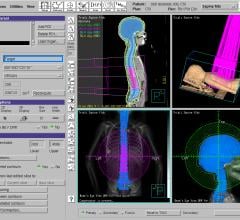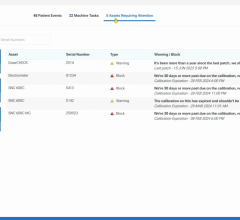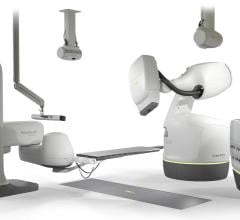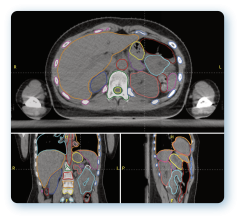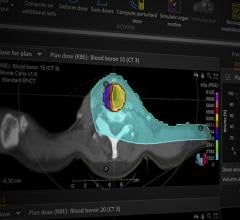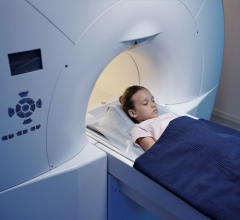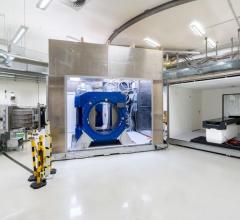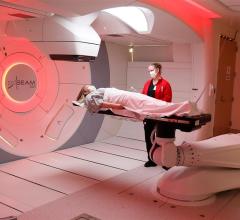Mevion Medical Systems, Inc. and Philips Radiation Oncology Systems are collaborating to combine the treatment planning capability of Philips’ Pinnacle³ radiation therapy planning system with the Mevion S250 solution with Hyperscan, Mevion’s new pencil beam scanning technology that is capable of scanning a tumor in seconds.
Pinnacle³ currently supports the Mevion S250, the world’s smallest proton therapy platform. The new collaboration will focus on enabling the Pinnacle³ system to also support Hyperscan.
“Hyperscan is an advanced form of pencil-beam scanning and is only available on the Mevion S250. Since Pinnacle³ is already being used by certain Mevion S250 users, it’s only fitting that we work together to develop planning for Hyperscan,” said Joe Jachinowski, the president and chief executive officer of Mevion Medical Systems.
“We’re really pleased to be collaborating with Mevion as it introduces Hyperscan,” said Sue Wallace, PhD, general manager of Philips Radiation Oncology Systems. “At Philips, treatment planning is a critical element of informed therapy guidance, and the integration of Philips imaging and planning with therapy delivery systems is essential.”
The first site to use Pinnacle³ with the Mevion S250 is the UF Health Cancer Center at Orlando Health. Omar Zeidan, Ph.D., the center’s chief of proton therapy physics, noted, “The collaboration between Philips and Mevion will give world-class cancer centers like ours the ability to offer patients all the benefits of HYPERSCAN combined with the accuracy and reliability of Pinnacle³.” Zeidan added, “This will help lead to well-planned and well-executed proton therapy sessions that accurately target tumors.”
Hyperscan’s patented technology, paired with the direct and efficient proton beam generation of the Mevion S250 platform, allows tumor volumes to be quickly scanned in a matter of seconds. This speed makes Hyperscan’s treatment delivery much less sensitive to patient and tumor motion.
The Mevion S250’s revolutionary compact design removes the obstacles of size, complexity and cost that exist with conventional proton therapy systems without compromising beam quality or patient care. It was first installed at Barnes Jewish Hospital in St. Louis. Five other Mevion S250 installations are currently in process.
HYPERSCAN has not been cleared by the USFDA for clinical use.
For more information: www.mevion.com

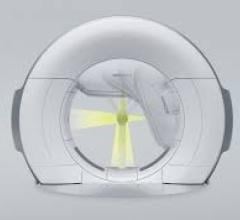
 June 19, 2024
June 19, 2024 

